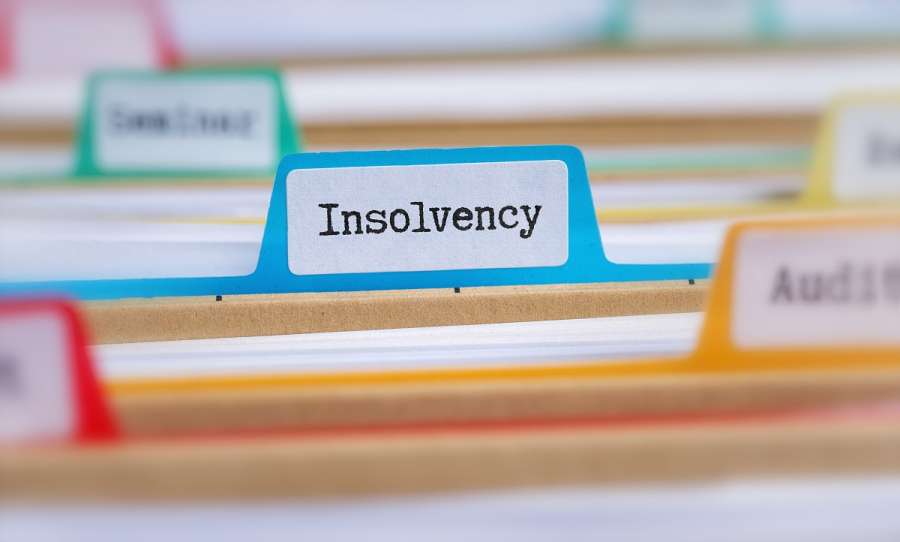The current market conditions being faced by companies in England and Wales are arguably some of the most challenging seen in recent times.
Contributing factors, to name a few, include rising interest rates (the Bank of England base rate rose again in May 2023, this time to 4.5%), high inflation (inflation remained stubbornly high in April 2023 at 8.7%), increased fuel prices, the ongoing energy crisis and persistent supply chain issues.
Factors such as these, coupled with the ongoing cost of living crisis, have impacted companies across the whole spectrum of the UK economy, some quite severely.
The financial strains being placed on UK companies can be seen in the high number of reported corporate insolvencies.
The statistics for England and Wales for 2022 show a considerable rise to over 22,000 formal insolvencies (the highest level for 13 years).
Most recently, in April 2023 alone there were 1,685 company failures - although 15% fewer than the number in April 2022, this number is higher than both during and before the Covid-19 pandemic period.
Included within the April 2023 figures is the high-profile insolvency of 150-year-old law firm Ince Group PLC which collapsed into administration, appearing to demonstrate the extent to which most companies, regardless of their size and apparent financial strength, are susceptible to the current economic pressures.








